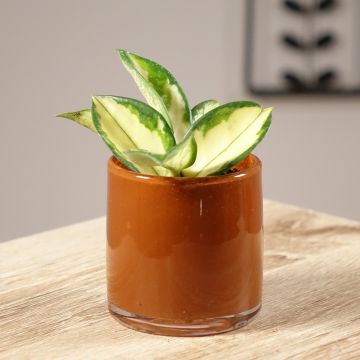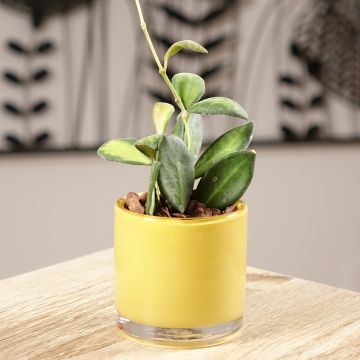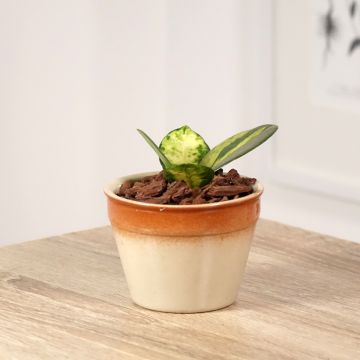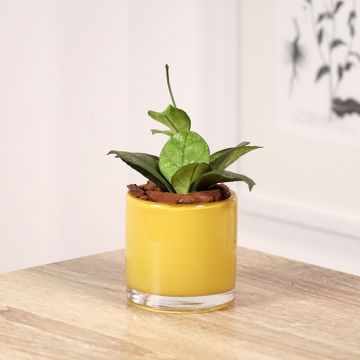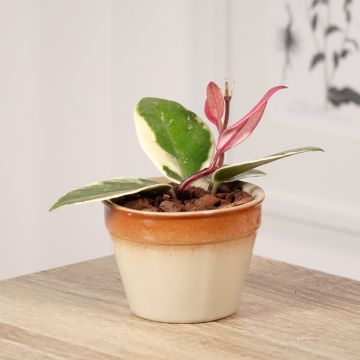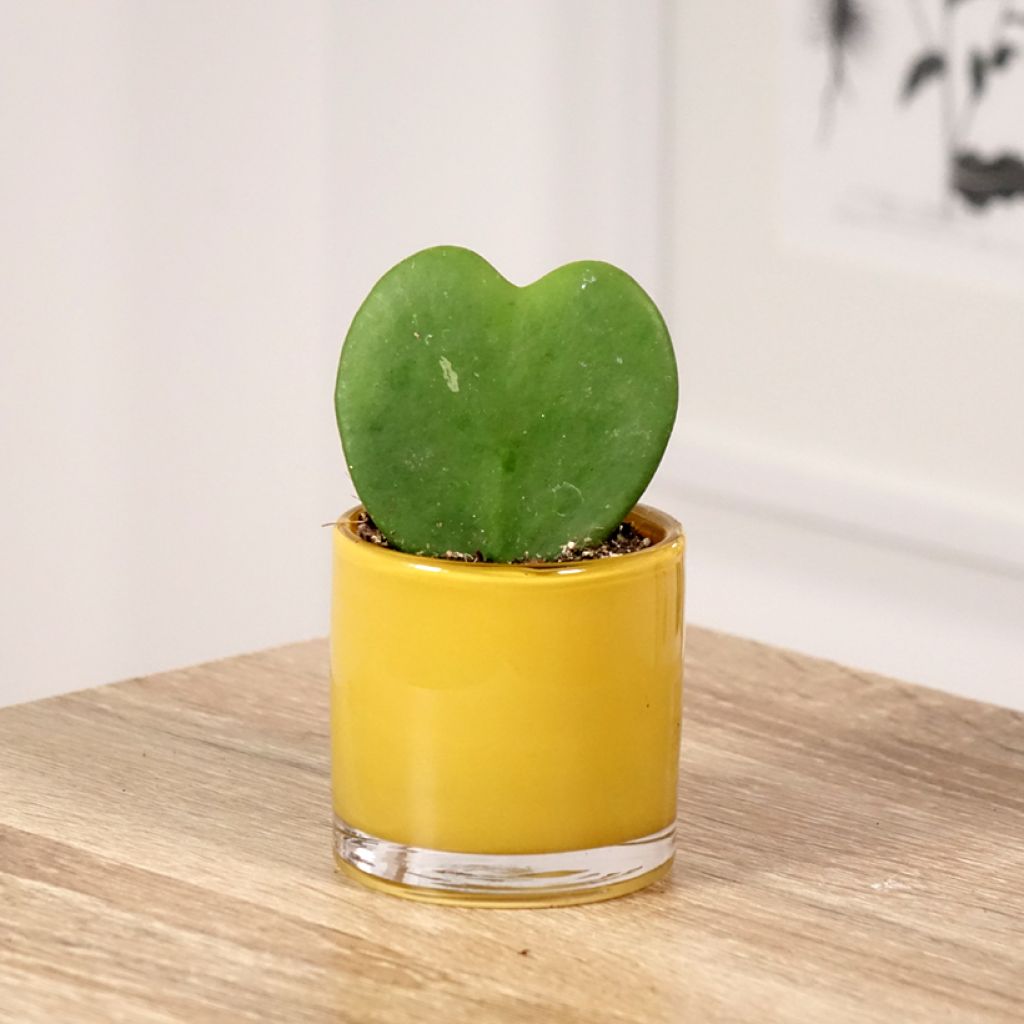

Hoya kerrii - Hoya heart
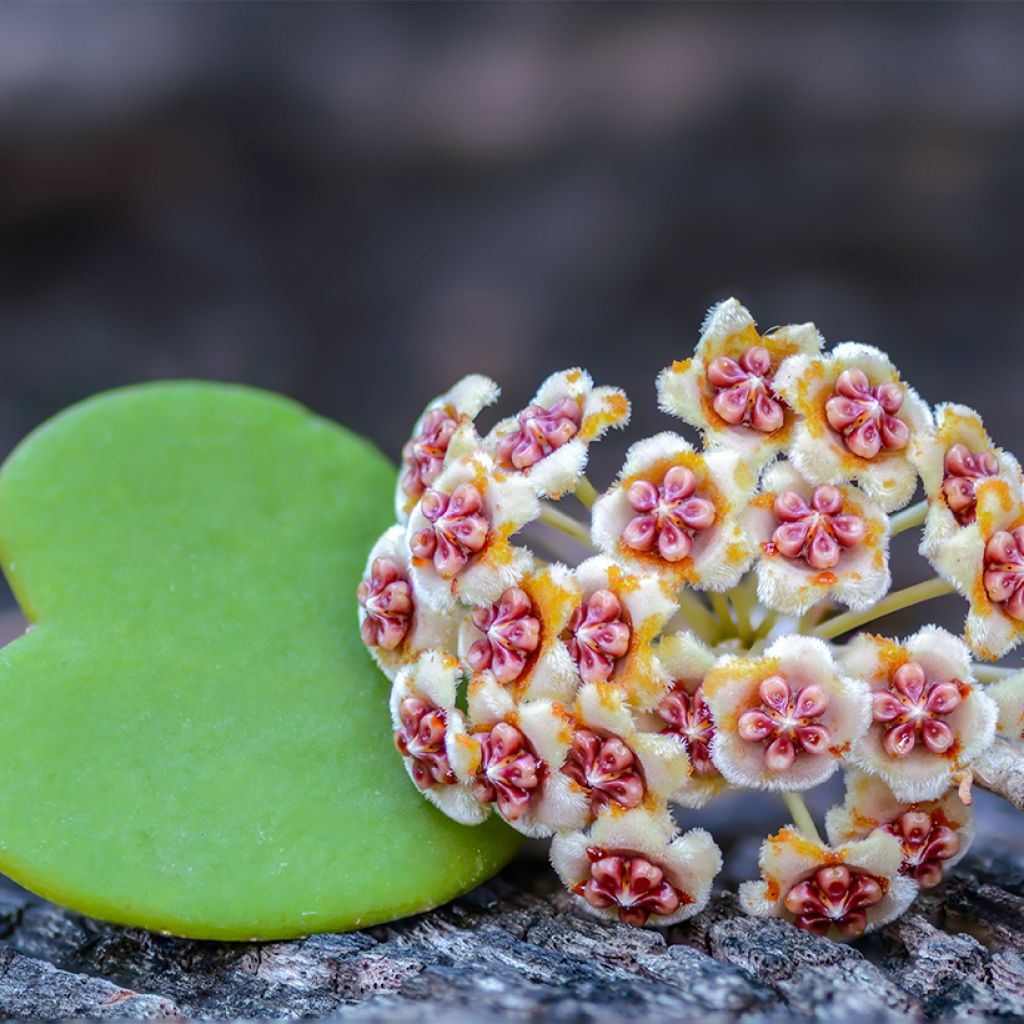

Hoya kerrii - Hoya heart
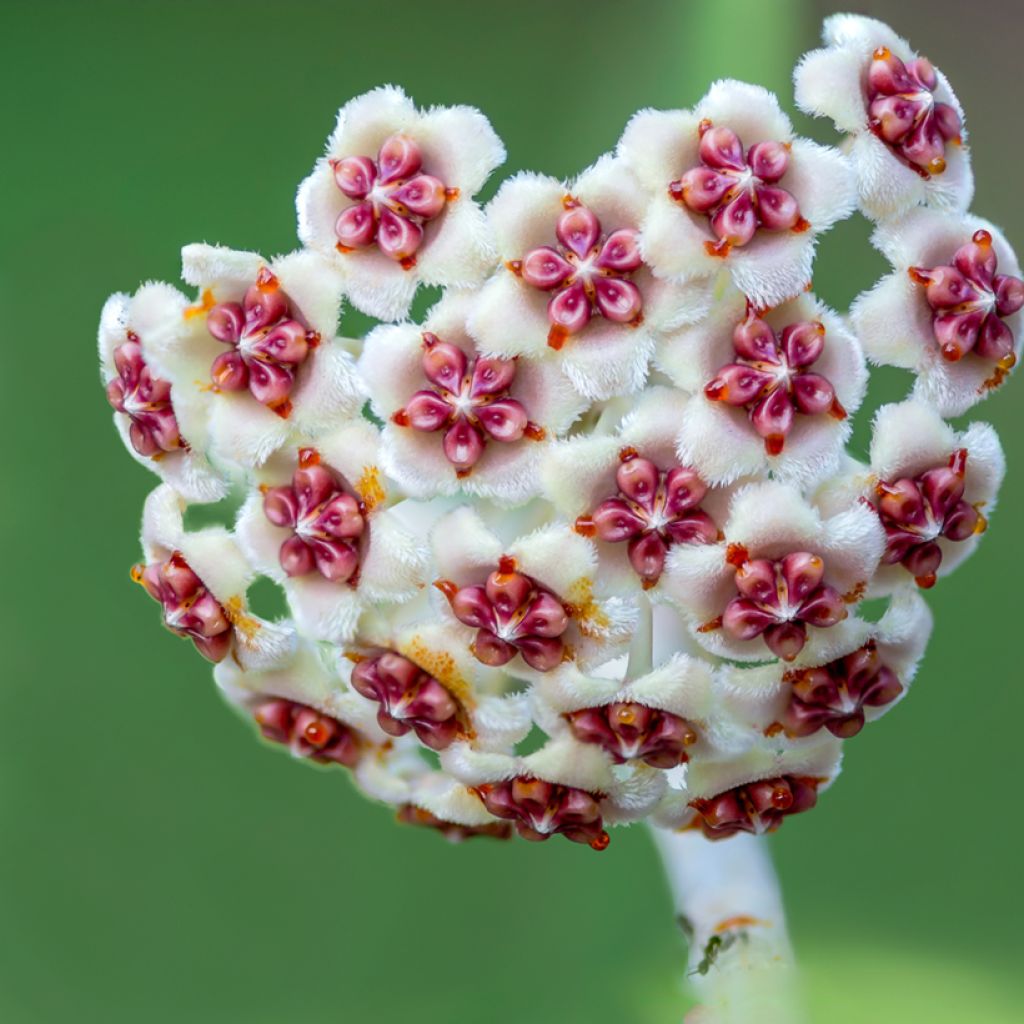

Hoya kerrii - Hoya heart
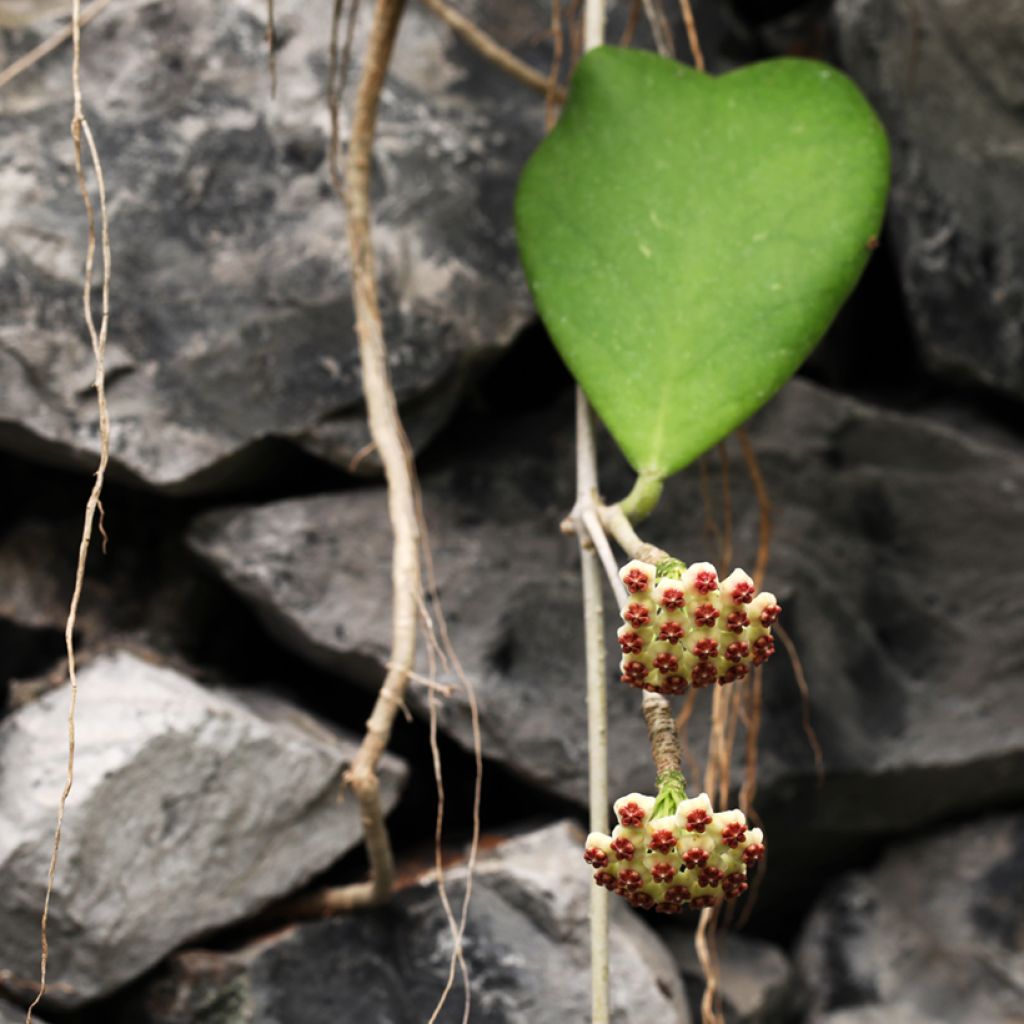

Hoya kerrii - Hoya heart
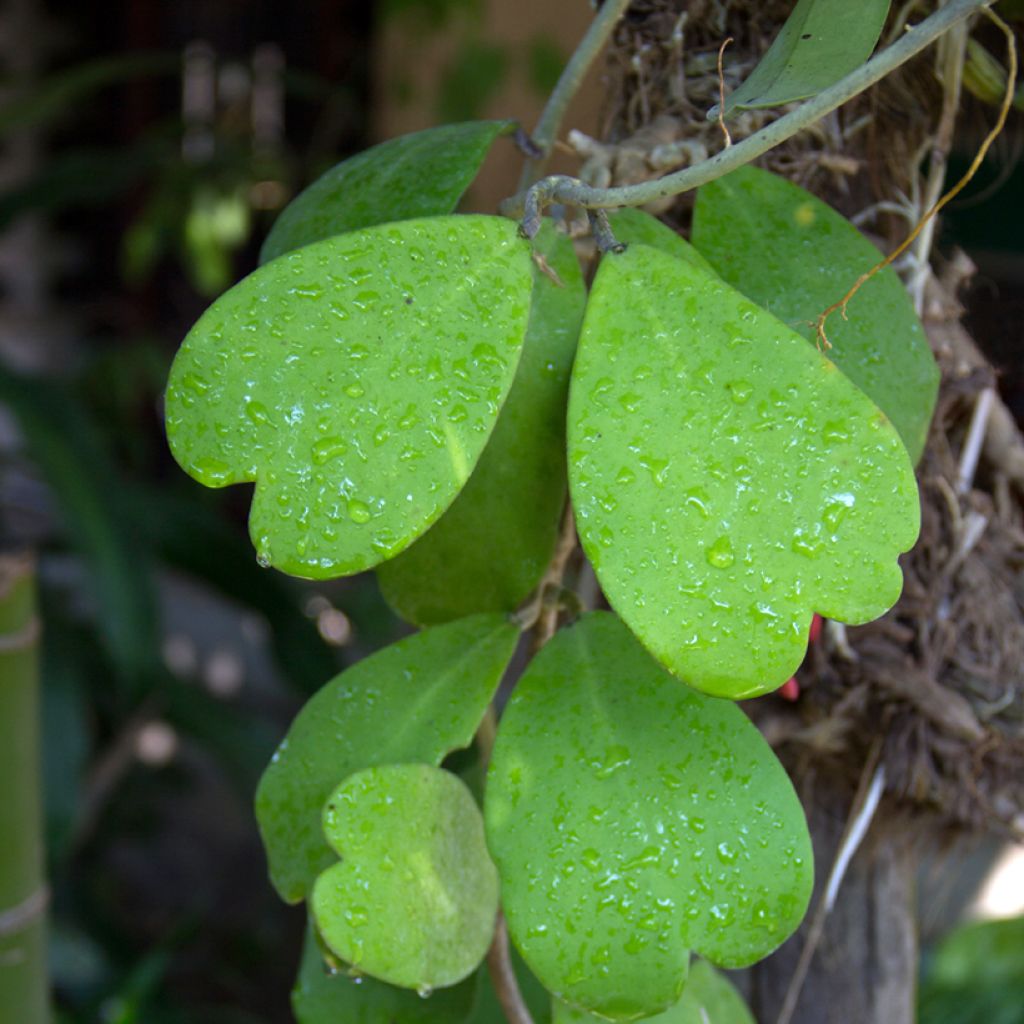

Hoya kerrii - Hoya heart
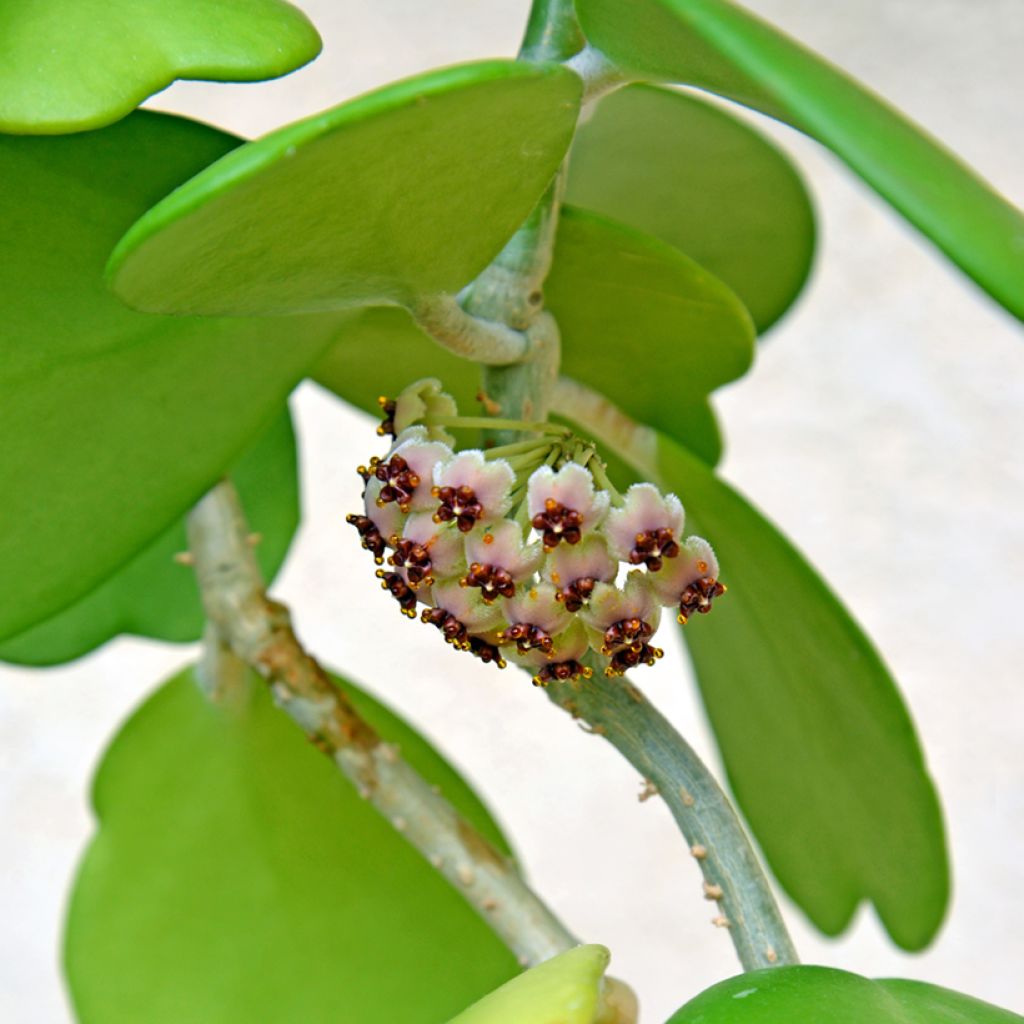

Hoya kerrii - Hoya heart
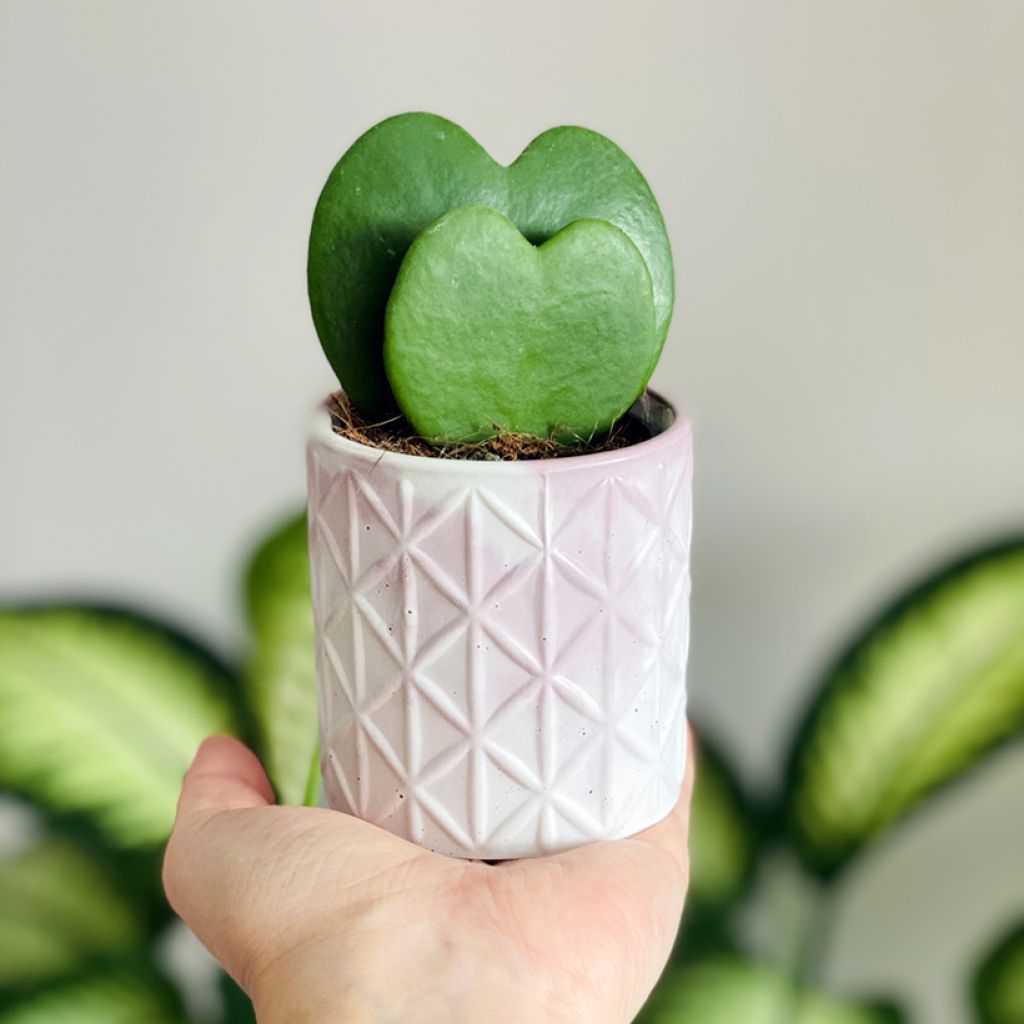

Hoya kerrii - Hoya heart
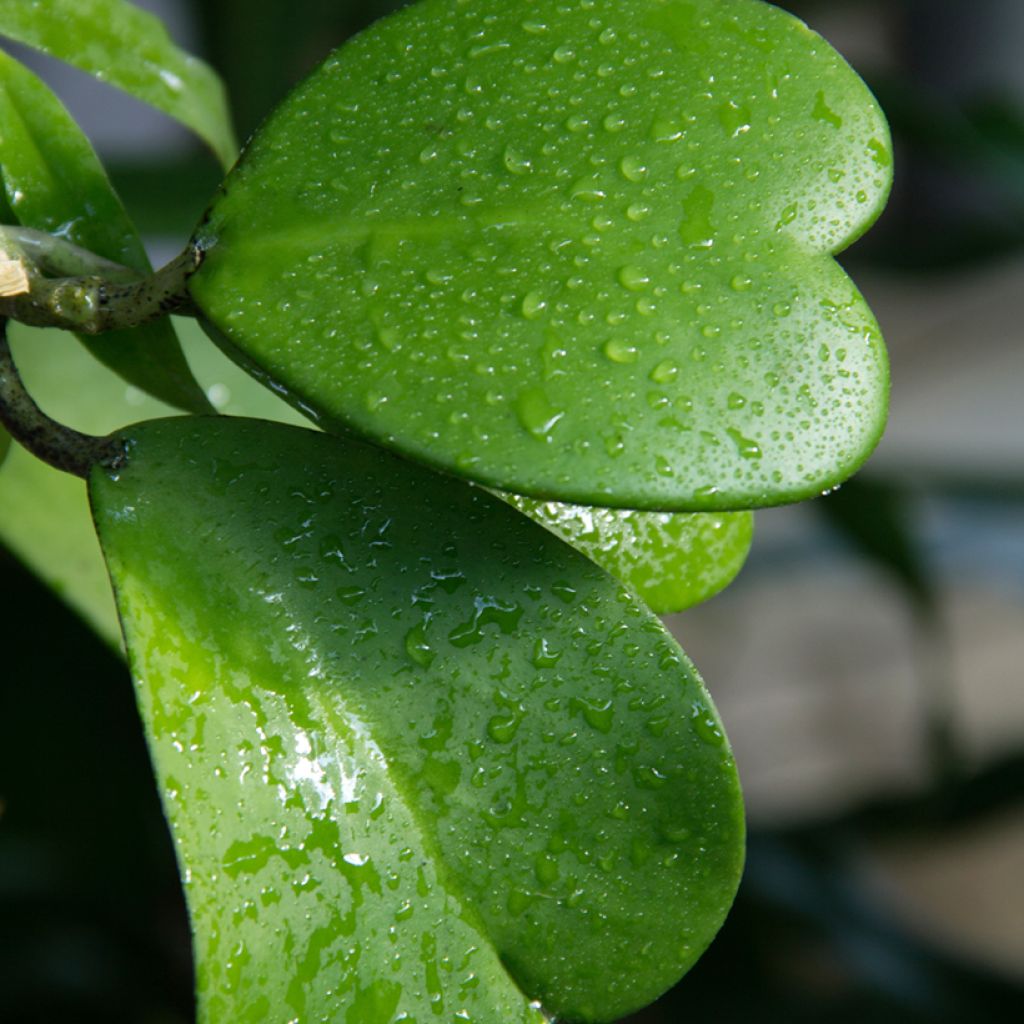

Hoya kerrii - Hoya heart
Hoya kerrii - Hoya heart
Hoya kerrii
Hoya heart, heart plant
Unfortunately, 2 out of 3 did not survive.
Marie-Noelle, 23/12/2025
Special offer!
Receive a €20 voucher for any order over €90 (excluding delivery costs, credit notes, and plastic-free options)!
1- Add your favorite plants to your cart.
2- Once you have reached €90, confirm your order (you can even choose the delivery date!).
3- As soon as your order is shipped, you will receive an email containing your voucher code, valid for 3 months (90 days).
Your voucher is unique and can only be used once, for any order with a minimum value of €20, excluding delivery costs.
Can be combined with other current offers, non-divisible and non-refundable.
Why not try an alternative variety in stock?
View all →This plant carries a 30 days recovery warranty
More information
We guarantee the quality of our plants for a full growing cycle, and will replace at our expense any plant that fails to recover under normal climatic and planting conditions.

Description
The Hoya kerrii or Sweetheart Plant is a tropical houseplant named for its distinctly heart-shaped leaves, making it a popular choice for Valentine's Day or as a romantic gift. Interesting year-round, it develops thick, glossy leaves that grow on long lianas, making it ideal for hanging baskets from which it cascades beautifully. In this type of species, the leaves are a uniform medium green. Its stunning flowering of porcelain-like flowers can be temperamental and slow to appear, but its umbels of white flowers resembling fine porcelain are exquisitely beautiful.
The Hoya kerrii or Hoya obovata var. kerrii is also known as Wax Flower and Valentine Hoya. This species originates from Southeast Asia, particularly northern Thailand, Laos, Cambodia, southern Vietnam, Java, and parts of China. In these regions, this epiphytic plant climbs up other vegetation, using it as a support to reach several metres in height. This slow to moderate growth rate Hoya kerrii develops very thick, succulent leaves on lianas that can grow up to 4 metres long. Its spring or summer indoor flowering produces umbels of star-shaped, creamy-white flowers with a red centre, featuring a remarkable texture reminiscent of porcelain with tiny red pearl-like centres. Clustered in groups of 15 to 20 or more, they are borne on long floral peduncles, forming bunches around 5-6 cm in diameter.
The Hoya genus belongs to the Apocynaceae family and comprises around 400 species native to the warm, humid regions of Southeast Asia, Australia, and Polynesia where they thrive in tropical forests. Primarily epiphytic shrubs or lianas, they often anchor themselves to tree trunks and branches using aerial roots enabling them to grow towards the light. This unique climbing habit has made them popular as ornamental houseplants ideal for climbing supports or for cascading down from hanging baskets.
The Hoya kerrii prefers bright, indirect light but also enjoys a few hours of direct sunlight daily, avoiding the strongest midday rays. Use an epiphytic plant substrate such as an orchid mix and allow it to dry out completely between waterings. The Hoya kerrii thrives in temperatures between 18°C and 26°C, with an ambient humidity between 40% and 60%. You can choose to train it to climb up a support such as a simple stake or small trellis, or alternatively, to grow it in a hanging basket, letting its flexible stems trail freely.
Report an error about the product description
Hoya kerrii - Hoya heart in pictures
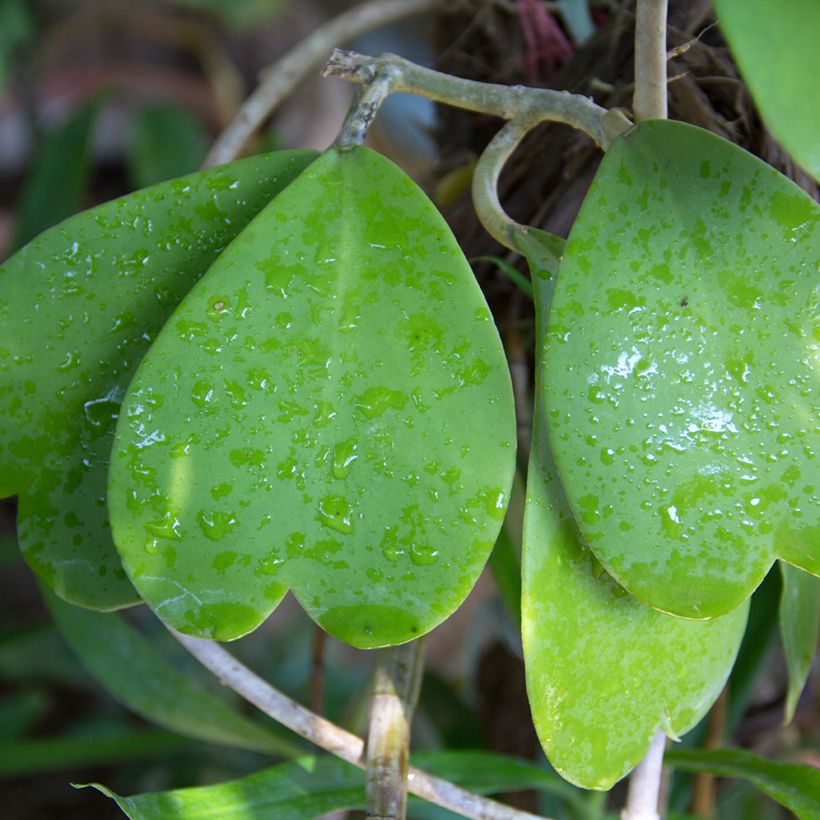

Foliage
Plant habit
Flowering
Botanical data
Hoya
kerrii
Apocynaceae
Hoya heart, heart plant
Cultivar or hybrid
Safety measures
Other Hoya - Wax plant
View all →Location
Location
Maintenance and care
Watering tips
Potting advice, substrates and fertilisers
Houseplant care
Disease and pest advice
Maintenance and care
-
, onOrder confirmed
Reply from on Promesse de fleurs
Haven't found what you were looking for?
Hardiness is the lowest winter temperature a plant can endure without suffering serious damage or even dying. However, hardiness is affected by location (a sheltered area, such as a patio), protection (winter cover) and soil type (hardiness is improved by well-drained soil).

Photo Sharing Terms & Conditions
In order to encourage gardeners to interact and share their experiences, Promesse de fleurs offers various media enabling content to be uploaded onto its Site - in particular via the ‘Photo sharing’ module.
The User agrees to refrain from:
- Posting any content that is illegal, prejudicial, insulting, racist, inciteful to hatred, revisionist, contrary to public decency, that infringes on privacy or on the privacy rights of third parties, in particular the publicity rights of persons and goods, intellectual property rights, or the right to privacy.
- Submitting content on behalf of a third party;
- Impersonate the identity of a third party and/or publish any personal information about a third party;
In general, the User undertakes to refrain from any unethical behaviour.
All Content (in particular text, comments, files, images, photos, videos, creative works, etc.), which may be subject to property or intellectual property rights, image or other private rights, shall remain the property of the User, subject to the limited rights granted by the terms of the licence granted by Promesse de fleurs as stated below. Users are at liberty to publish or not to publish such Content on the Site, notably via the ‘Photo Sharing’ facility, and accept that this Content shall be made public and freely accessible, notably on the Internet.
Users further acknowledge, undertake to have ,and guarantee that they hold all necessary rights and permissions to publish such material on the Site, in particular with regard to the legislation in force pertaining to any privacy, property, intellectual property, image, or contractual rights, or rights of any other nature. By publishing such Content on the Site, Users acknowledge accepting full liability as publishers of the Content within the meaning of the law, and grant Promesse de fleurs, free of charge, an inclusive, worldwide licence for the said Content for the entire duration of its publication, including all reproduction, representation, up/downloading, displaying, performing, transmission, and storage rights.
Users also grant permission for their name to be linked to the Content and accept that this link may not always be made available.
By engaging in posting material, Users consent to their Content becoming automatically accessible on the Internet, in particular on other sites and/or blogs and/or web pages of the Promesse de fleurs site, including in particular social pages and the Promesse de fleurs catalogue.
Users may secure the removal of entrusted content free of charge by issuing a simple request via our contact form.
The flowering period indicated on our website applies to countries and regions located in USDA zone 8 (France, the United Kingdom, Ireland, the Netherlands, etc.)
It will vary according to where you live:
- In zones 9 to 10 (Italy, Spain, Greece, etc.), flowering will occur about 2 to 4 weeks earlier.
- In zones 6 to 7 (Germany, Poland, Slovenia, and lower mountainous regions), flowering will be delayed by 2 to 3 weeks.
- In zone 5 (Central Europe, Scandinavia), blooming will be delayed by 3 to 5 weeks.
In temperate climates, pruning of spring-flowering shrubs (forsythia, spireas, etc.) should be done just after flowering.
Pruning of summer-flowering shrubs (Indian Lilac, Perovskia, etc.) can be done in winter or spring.
In cold regions as well as with frost-sensitive plants, avoid pruning too early when severe frosts may still occur.
The planting period indicated on our website applies to countries and regions located in USDA zone 8 (France, United Kingdom, Ireland, Netherlands).
It will vary according to where you live:
- In Mediterranean zones (Marseille, Madrid, Milan, etc.), autumn and winter are the best planting periods.
- In continental zones (Strasbourg, Munich, Vienna, etc.), delay planting by 2 to 3 weeks in spring and bring it forward by 2 to 4 weeks in autumn.
- In mountainous regions (the Alps, Pyrenees, Carpathians, etc.), it is best to plant in late spring (May-June) or late summer (August-September).
The harvesting period indicated on our website applies to countries and regions in USDA zone 8 (France, England, Ireland, the Netherlands).
In colder areas (Scandinavia, Poland, Austria...) fruit and vegetable harvests are likely to be delayed by 3-4 weeks.
In warmer areas (Italy, Spain, Greece, etc.), harvesting will probably take place earlier, depending on weather conditions.
The sowing periods indicated on our website apply to countries and regions within USDA Zone 8 (France, UK, Ireland, Netherlands).
In colder areas (Scandinavia, Poland, Austria...), delay any outdoor sowing by 3-4 weeks, or sow under glass.
In warmer climes (Italy, Spain, Greece, etc.), bring outdoor sowing forward by a few weeks.






























